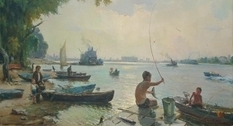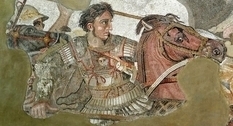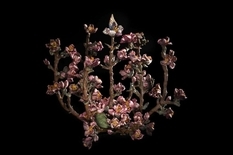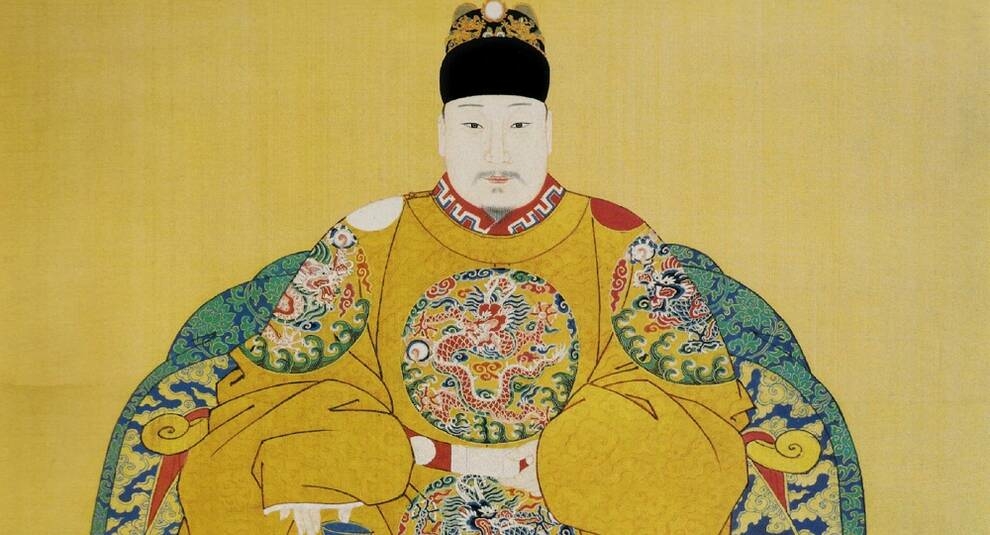
A successful start and a bad end: how the Wanli Emperor ruled China
Wànlì was the thirteenth Chinese Emperor of the Ming dynasty and ruled the country in 1572-1620. Since he ascended the throne at the age of 9, the state was ruled for a time by Minister Zhang Juzheng, who was Regent until 1582. After the death of the Minister, the young Emperor enthusiastically set about restoring order in China. Wanli reversed a number of reforms made by the Regent and tried to develop his own legislative system.
Until 1600, everything was very successful. During the war with Burma, Thailand and Vietnam, China not only strengthened its position, but also significantly expanded its possessions. In addition, the troops managed to protect the Empire from the Mongol invasion. China even supported Korea, which has experienced a lot of losses because of the invasion of Japan, but this support is very costly to the Imperial Treasury.
After the suppression of the uprising in Korea, the second stage of Wanli's rule began. Already in the first years of the 17th century, the Emperor was less interested in state Affairs. In the morning meetings, he stopped showing up at all. Wanli refused to communicate with the Ministers and skipped the ceremonies. The fact is that the Emperor wanted to make his son Zhu Changxun, born to his beloved wife Zheng, the heir. However, the Ministers opposed this decision and promoted the Emperor's other son, Zhu Changlo. Wanli resigned himself, declared him his heir, but in the following years passively resisted the opposition, refusing to make important decisions. This led to great problems in the country, as the normal functioning of the government was disrupted.
It ended with the fact that the Emperor began to live in luxury, taking huge sums from the Treasury to meet his needs. According to research conducted in the mid-twentieth century, in the last years of his life, Wanli was dependent on opium. The Emperor was buried near Beijing.
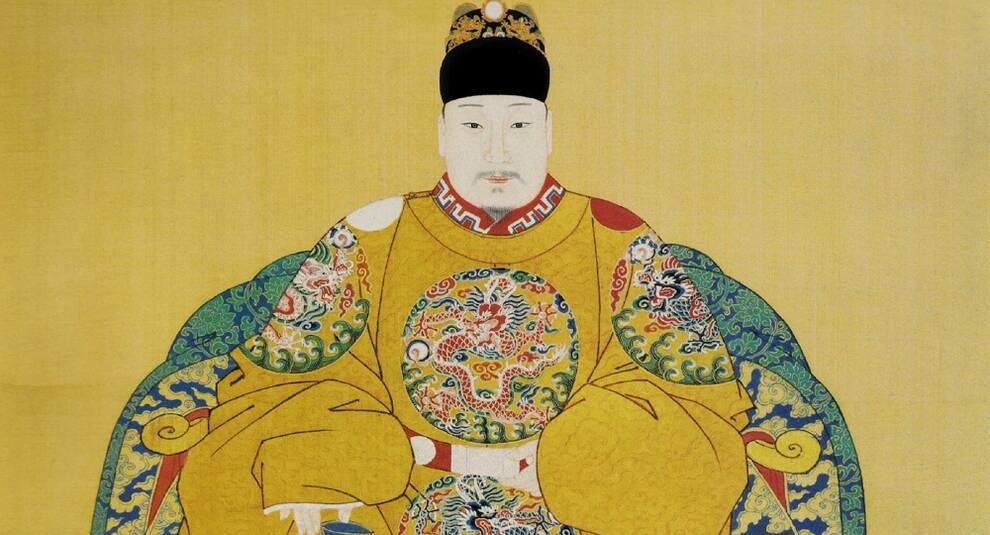
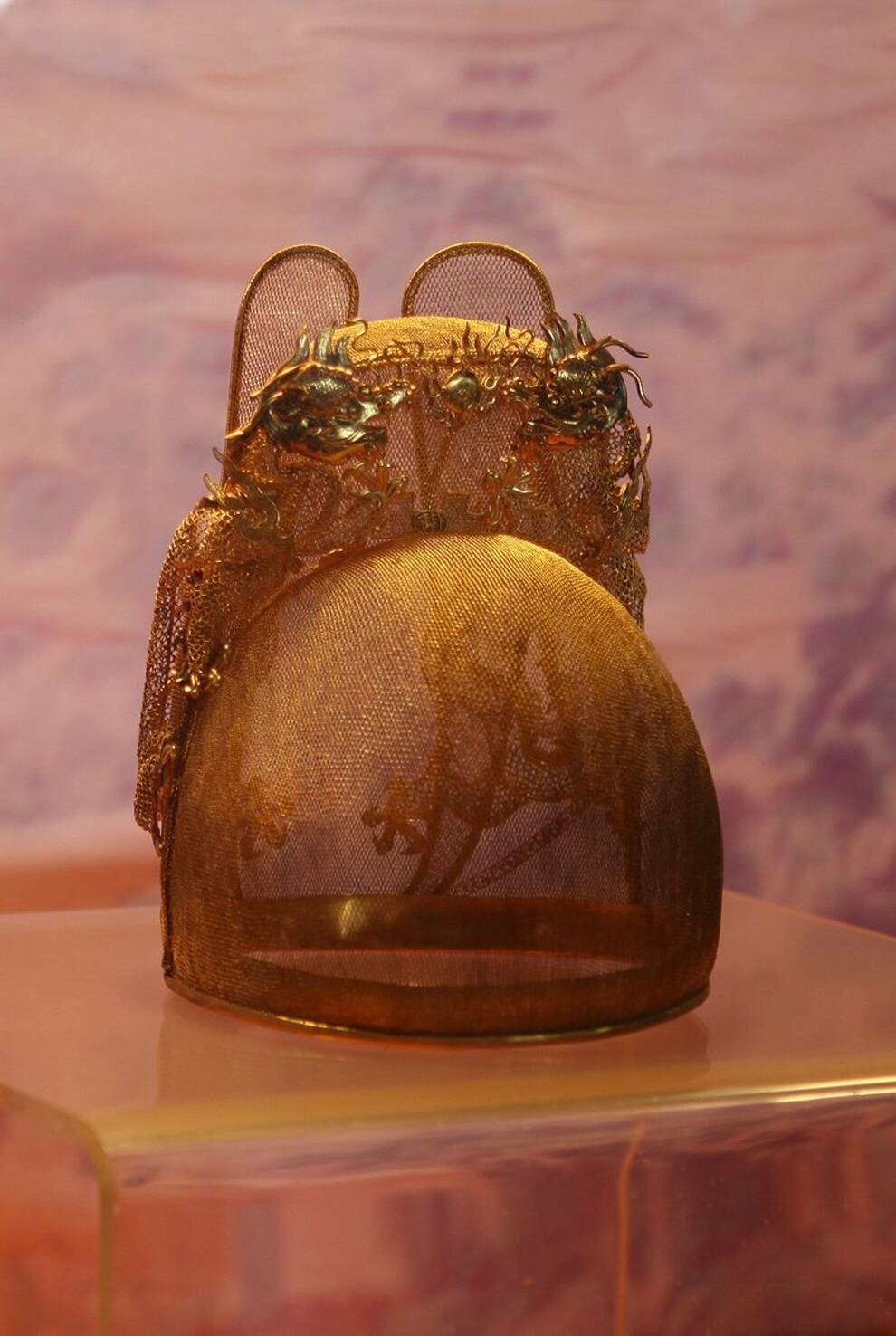
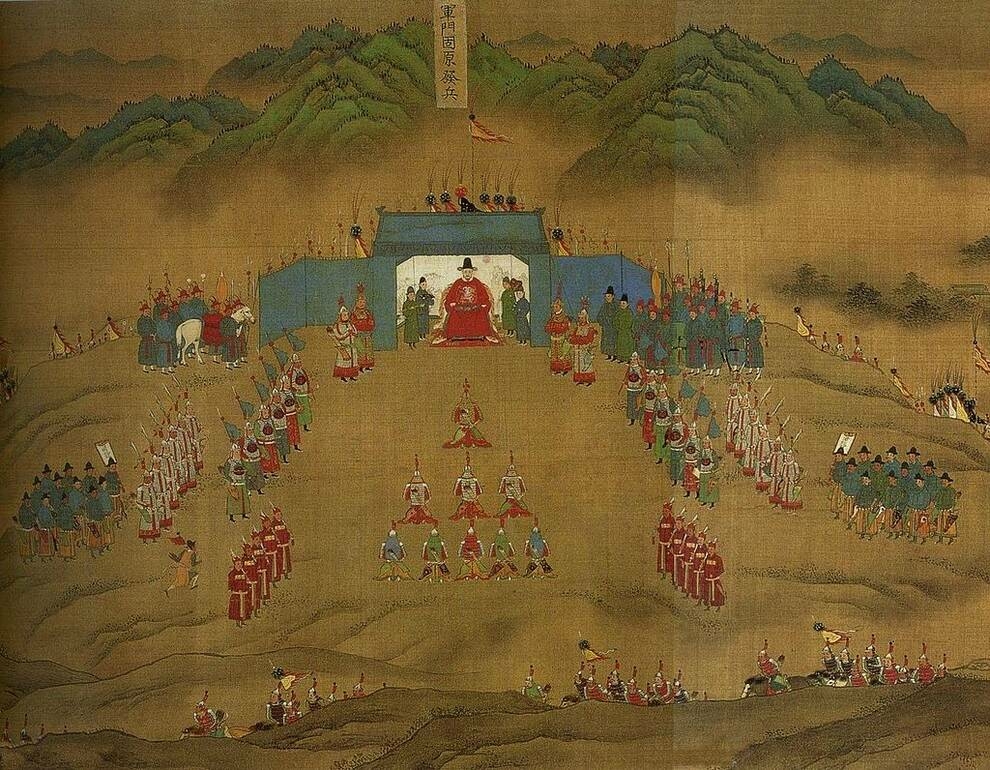
Until 1600, everything was very successful. During the war with Burma, Thailand and Vietnam, China not only strengthened its position, but also significantly expanded its possessions. In addition, the troops managed to protect the Empire from the Mongol invasion. China even supported Korea, which has experienced a lot of losses because of the invasion of Japan, but this support is very costly to the Imperial Treasury.
After the suppression of the uprising in Korea, the second stage of Wanli's rule began. Already in the first years of the 17th century, the Emperor was less interested in state Affairs. In the morning meetings, he stopped showing up at all. Wanli refused to communicate with the Ministers and skipped the ceremonies. The fact is that the Emperor wanted to make his son Zhu Changxun, born to his beloved wife Zheng, the heir. However, the Ministers opposed this decision and promoted the Emperor's other son, Zhu Changlo. Wanli resigned himself, declared him his heir, but in the following years passively resisted the opposition, refusing to make important decisions. This led to great problems in the country, as the normal functioning of the government was disrupted.
It ended with the fact that the Emperor began to live in luxury, taking huge sums from the Treasury to meet his needs. According to research conducted in the mid-twentieth century, in the last years of his life, Wanli was dependent on opium. The Emperor was buried near Beijing.

Photo © www.nytimes.com

Photo © www.nytimes.com

Photo © www.nytimes.com
